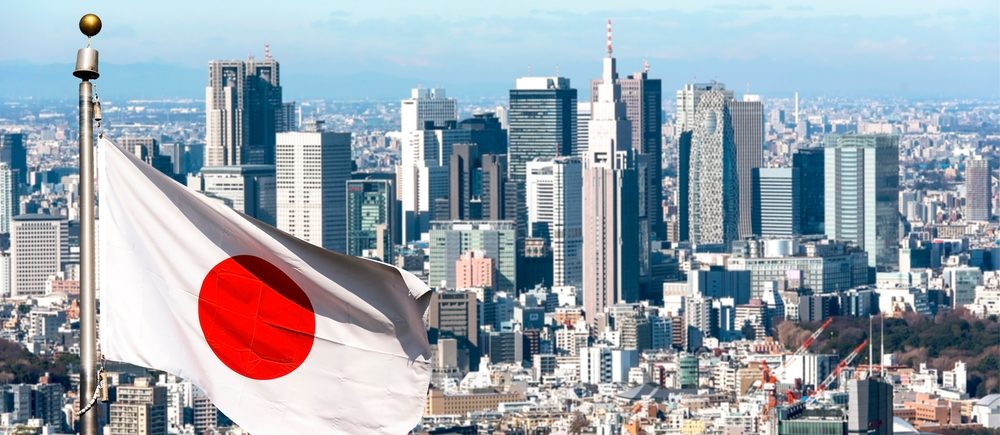On Friday, Japan’s Nikkei index closed lower, reversing the gains it had accumulated earlier in the week. The index lost 1.34%, closing at 35,751.07 points, marking a 0.59% decline for the week and breaking a two-week streak of gains. At the start of the day, the index had shown a 0.76% gain for the week.
Among the 225 companies listed in the index, 185 saw declines, 39 experienced gains, and one remained stable. Profit-taking activities ahead of the weekend contributed to the declines, with certain technical indicators suggesting that the rapid ascent that propelled the Nikkei to a 34-year high of 36,984.51 points on Tuesday may have been too swift. The main index is currently about 3.2% above its 25-day moving average.
The peak on Tuesday coincided with the Bank of Japan’s decision to maintain existing stimulus measures. However, the indications of potential monetary tightening conveyed by the central bank president in the press conference after the meeting influenced the market later in the week.
Year-to-date, the Nikkei has risen by 6.83%, outperforming major competitors, including the S&P 500 index. The losses of chip industry heavyweights Advantest and Tokyo Electron, along with SoftBank Group, contributed to the decline on Friday, with shares of these companies falling by 5.51%, 2.39%, and 2.2%, respectively. Renaissance Electronics, a chip manufacturer, was the biggest percentage loser, experiencing a 7.75% decline.
Approximately 500 Japanese companies are expected to announce their financial results in the upcoming week. In the United States, major tech companies, including Apple, Microsoft, Amazon, Google, and those affiliated with Meta, are also set to report their financial results. The overall market sentiment remains influenced by global economic dynamics and corporate performance.
 Noor Trends News, Technical Analysis, Educational Tools and Recommendations
Noor Trends News, Technical Analysis, Educational Tools and Recommendations





